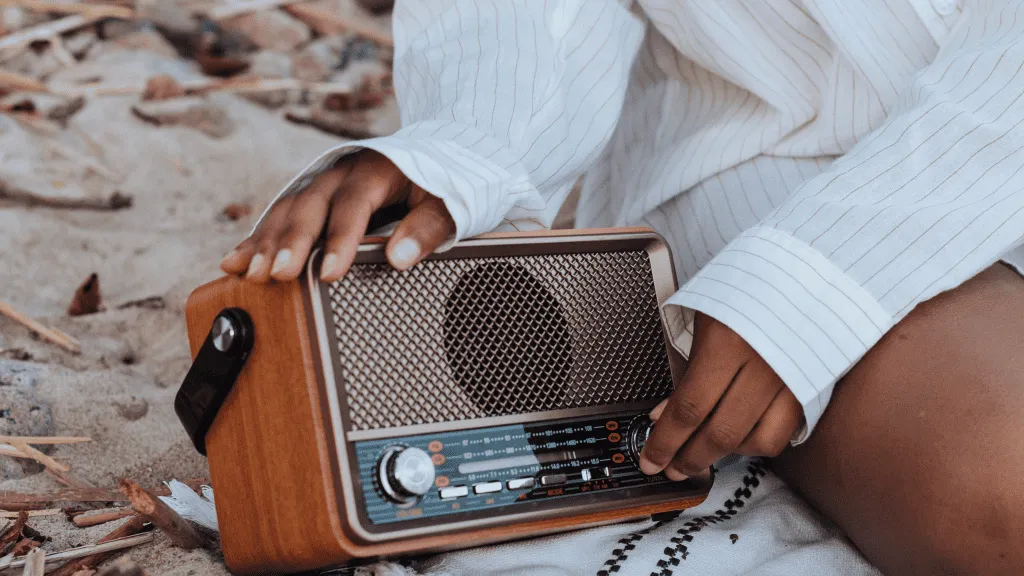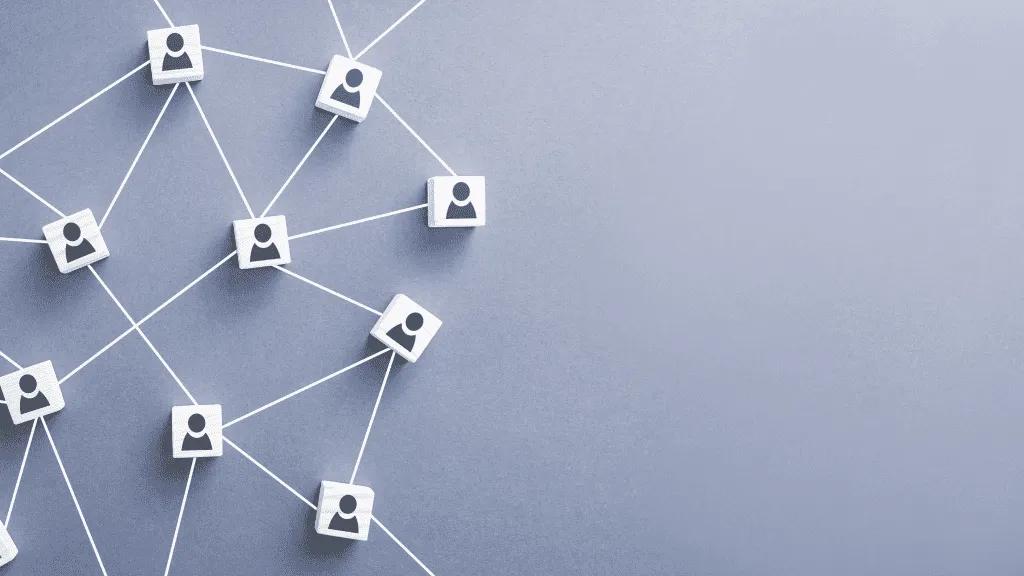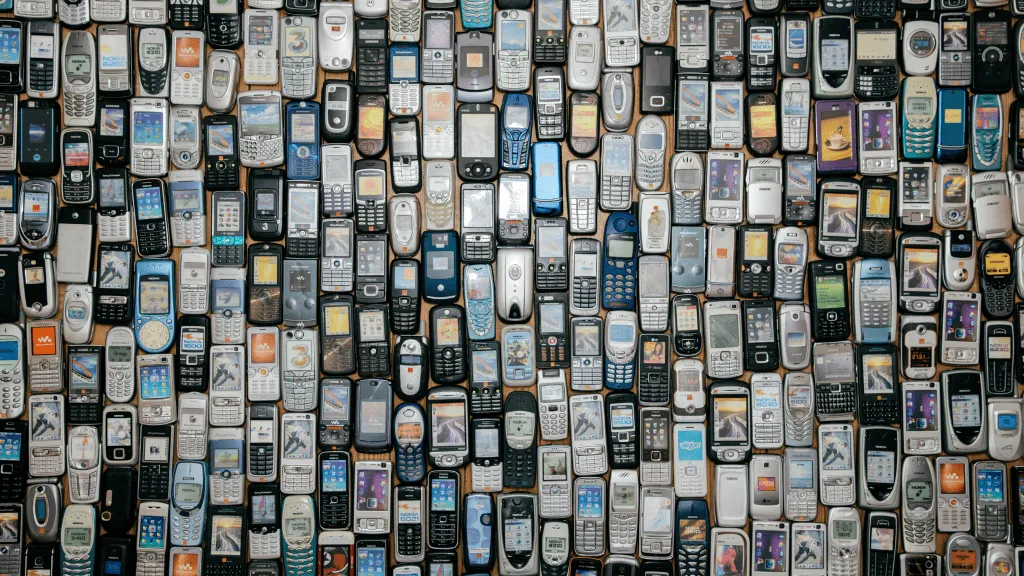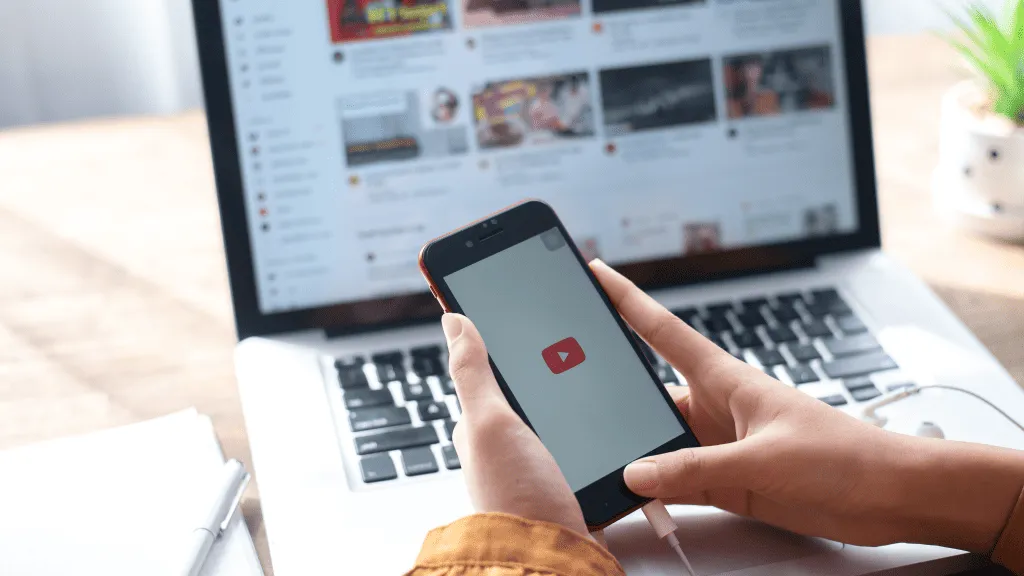Communicating in an Emergency Situation
Communicating in an emergency is something most people will want or need to do at some point. You will either want to check that loved ones are OK, or let other people know how you are doing. Or you might just want to find emergency information or find out about emergency assistance.
How to Find out there is an Emergency?
Before I get into talking about how to look at effective communication in an emergency situation. You first need to think about how will you know there is an emergency in the first place.
- You might have already been effected by it
- It might effect other people you know in a different location
- It could be something that will effect you in the near future
Whatever the case may be, do you have a way to alert you of an emergency situation? Or are you keeping up with general news?

Different Ways of Being Alerted
There’s different ways you could be alerted.
- By friends and family or word or mouth
- Via traditional media, like television, newspapers or the radio
- Via internet based media, websites or social media
- By an emergency alert system which could be delivered in a variety of ways
Whatever the case may be. The real question is would you know when an emergency occurs? Ever found out about a large scale event happening somewhere in the world after it has happened. Maybe many hours or days later?
Imagine if this was the case for an emergency situation that could effect you. Wouldn’t it be better if you knew sooner rather than later? To help you either get ready, move location or start contacting people.
Who to Communicate With?
Only you will be able to answer this as everyone’s situation will be different. When making your lists of contacts think about who would benefit from knowing your current status. Friends, family members and work contacts come to mind first.
There may be other people or organizations you might need to contact at some point during an emergency. The following could be useful.
- Emergency services
- Schools
- Insurance company
- Landlords
- Banks
During your emergency planning, play out different scenarios and think about who you would have to contact.
When it comes to an emergency and communications, there are two parts to think about.

Communication going out
This is how you will let people know you are OK, to ask for help or let people know what your movements are.
For most people, this could involve:
- Mobile phones
- Landlines
- Internet based options
- Radios
Mobile Phones
Mobile phones are a lot of people’s go to communication tool. They can have multiple different ways of communicating with people. Most people have one on them or nearby and they are super portable.
In an emergency situation, they can be great when they work. But they are often the first thing to be overloaded in an emergency.

Overloaded networks
In large-scale emergencies, people want to make sure their loved ones are OK. Phone calls and messages are being sent in massive volumes. Both inbound and outbound. You might get a busy signal when trying to make a phone call, or a failed to send message, when sending SMS.
You might not know when the system is working again.
Trying not to get frustrated in an emergency situation like this is important. If you’ve got an emergency plan, hopefully you have a meeting point for family members and an idea of how to let people know you are OK.
Calls or messages might be able to be made to areas outside of the affected area you are in. This is why it is good idea to have someone you can contact that is based in another location. This person can let others know how you are.
While calls might not go through, messages might. So it pays to send a message. It might be delayed but it should go through at some point.
Lack of power
If power is down, then cell phone towers will most likely be running on battery backup. This will eventually die and companies will be trying to get generators attached to towers that are affected.
When this happened during a tropical cyclone where I am based, it turned out unprepared people who liked taking things decided they wanted the generators for their own places.
Communication during an emergency can be tough until things are organised. and fixed.
Landlines
For a lot of places, these are becoming less common. The standard land line that worked across copper lines were good in that they needed no electricity to function. Over time these copper lines have been taken down and replaced with phones that work over the internet.
These old style landlines can be let down if there is a breakage in the lines. But do offer an alternative way of contacting people.
This is why it is important to have a good contact list already on hand with different ways to contact people.
Internet based options
There is a multitude of different ways to communicate with people over the internet. To do so you need to be able to connect to the internet. If you can access the internet either by a mobile phone or a computer, what types of communication tools do you have access to?
Here are some common ones:
- Social media channels, Facebook, Instagram, Twitter etc
- Messaging apps, Telegram, Slack, Signal, Messenger etc
Sites like Facebook will implement the ability to check in and say you are safe. Allowing people that follow you to know you are OK. They are simple and easy to use, but not everyone uses them. While you might be safe and posted on Facebook, some people might not see that or know.
Messaging apps are good as you can send a message directly to people. Even if there is no internet when the message has been created, a lot of the apps will send it once they get an internet connection.
Another way could be using email. You can send a lot of information to multiple people at once quickly and easily.
Radio
Some people have CB or Ham radios they can use to gather information or talk to other people. While not as common as other methods this might be an option to you. You want to make sure you know what you are doing and are allowed to use these radio networks.
Communication Coming In
Not only will you be getting messages from concerned people wanting to check in or ask for help. You also need to be able to get information about what is going on in the emergency. This can help you understand what is going on. Plan for your next move, or keep you safe.
For a lot of people, this could be:
- Television
- Mobile phones
- Radios
- Internet based options
Television
If you have power and a signal where you are there will be a lot of information being shared on television if the incident is large scale enough. I myself hardly watch any TV so I have to remember that it could be an option to find out information.
Mobile phones
Mobile phones are great. With an internet connection they have many different sources of information they can tap into. From social media, to websites, YouTube etc.
If there is no internet available. You are limited to phone calls and text messages.
In a large enough event you might get an emergency response message sent to your phone. These can vary depending on where you are. The general idea is to push out an emergency message to mobiles of people in an area that might be effected.
If you have incoming calls keep them short to help stop the system being overloaded. Try sticking to text messages when you can.
Radios
In an emergency situation the radio will probably become your new favorite communication tool to find out what is going on, and what you need to do.
They can be picked up cheaply. Run for hours off of a couple of batteries and work in all sorts of situations.
Some radios will also pick up special channels like the ADD CONTENT HERE weather channel.
Older mobile phones used to have a radio feature built in. You had to use your phone with a pair of ear buds, as this provided the antenna for the radio.
When the tropical cyclone Gabrial hit here locally. A lot of people were caught out by having no radio. There were comments about mobile phones, but newer phones don’t have a radio capability, and have no jack for earbuds now.
Make sure you know what frequency will broadcast information. You can scroll through and find information being broadcast, but in a big situation there will most likely be a dedicated frequency with information all the time. See if you can find out what that would be for your location. It might he helpful to print out a sticker and attach it to the radio.
Internet based options
I covered this a bit in the mobile phone section above. There will either be internet available or not. Internet options can also be limited if there is no power.

If you can access the internet you have many options to get info from:
- Social media platforms, Facebook, Instagram, Twitter, YouTube, Reddit etc
- Messaging apps, Telegram, Slack, Signal, Messenger etc
It’s good to have a couple of different options, not only to verify information (which I cover below) but also in case one of the options becomes unavailable.
Make sure you have login details for the different services and if they are new to you, familiarize yourself with how they work.
For myself I would use a mixture of Twitter, Facebook and a messaging tool.
Satellite Based Communications
With more satellites floating around providing services this could be a way to communicate. Not everyone will have access to satellite phones, but new services providing this to standard mobile phones are becoming more normal.
They still have the same limitations with making sure you have power or batteries to work with it. But unlike traditional phone or internet access they aren’t affected by power outages. Over crowding of the service could be an issue.
Try to Verify Information
A lot of information you will hear during an emergency situation will be common sense to a lot of people. But sometimes common sense isn’ that common.
There might also be misinformation out there as well. Some people might be doing it to disrupt things, or are good intentioned, but are spreading the wrong messages.
It pays if you have the time, to check with a couple of sources to make sure things are legit. In most cases you should be able to trust your local government and the messages they will be putting out.
What Happens if there is no Communication?
What happens if you can’t get any information? Or you can’t communicate with anyone?
You’ll have to manage as best as you can. Keep trying different options. Both to find out what’s going on or what you need to do. Or to communicate with other people.
Things can take time to come right. Look after yourself and your household. If you can check on your neighbors, communicate with them the old fashioned way, in person. They might be able to share some info with you.
Emergency Communication Plan
Communicating in an emergency can be hard. Everyone wants to either get help, find out information or let others know they are OK. Having a plan is a good idea when it comes to emergency preparedness.
- Have a plan for different scenarios and different communication methods
- Have an up to date list of contact information
In your plan work out who are the most important people you will need to contact. Either to find out how they are. Or to let them know your situation.
Direct communication might be out of the question. You could have another third party in a different location that might be able to relay your message to the other person.
Keep communication as short as possible in the initial stages of an emergency. There will be plenty of time to talk later.
Share this